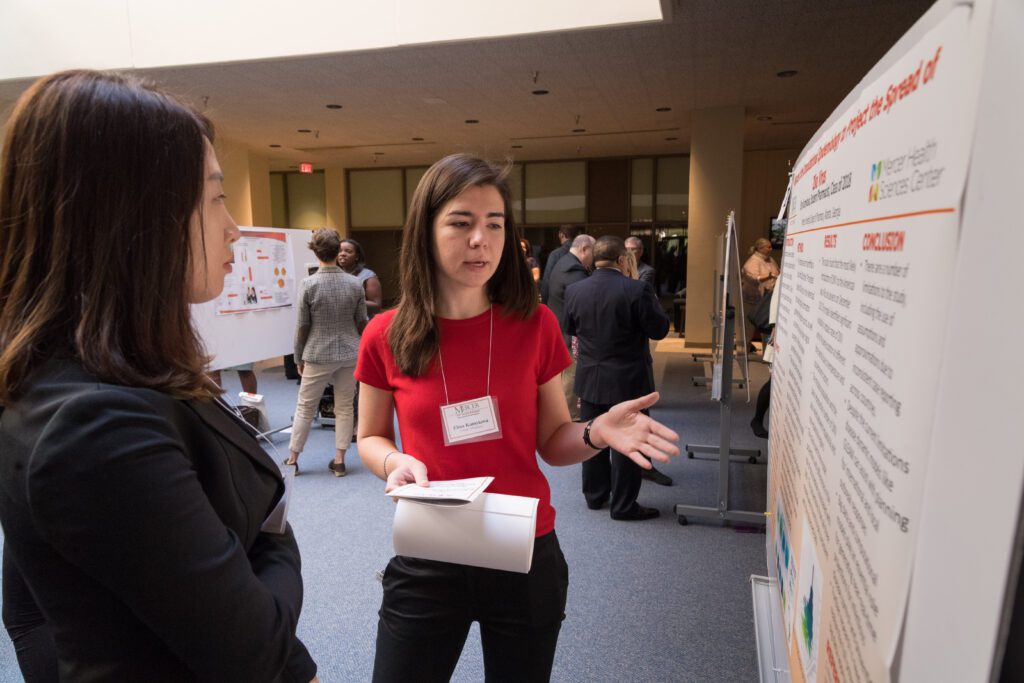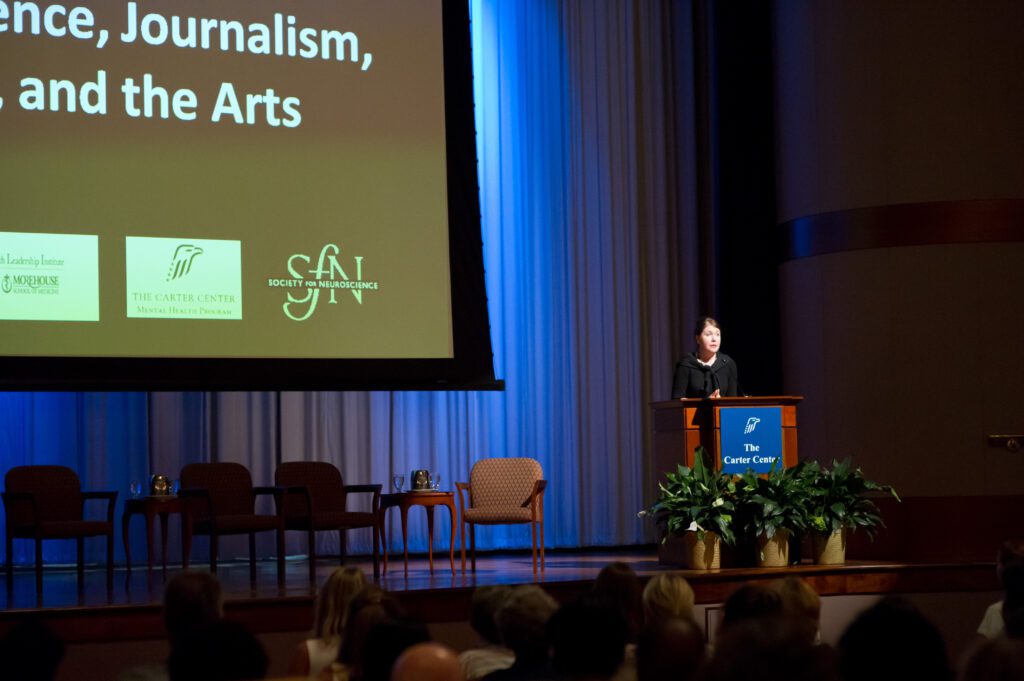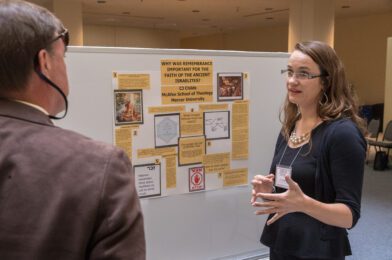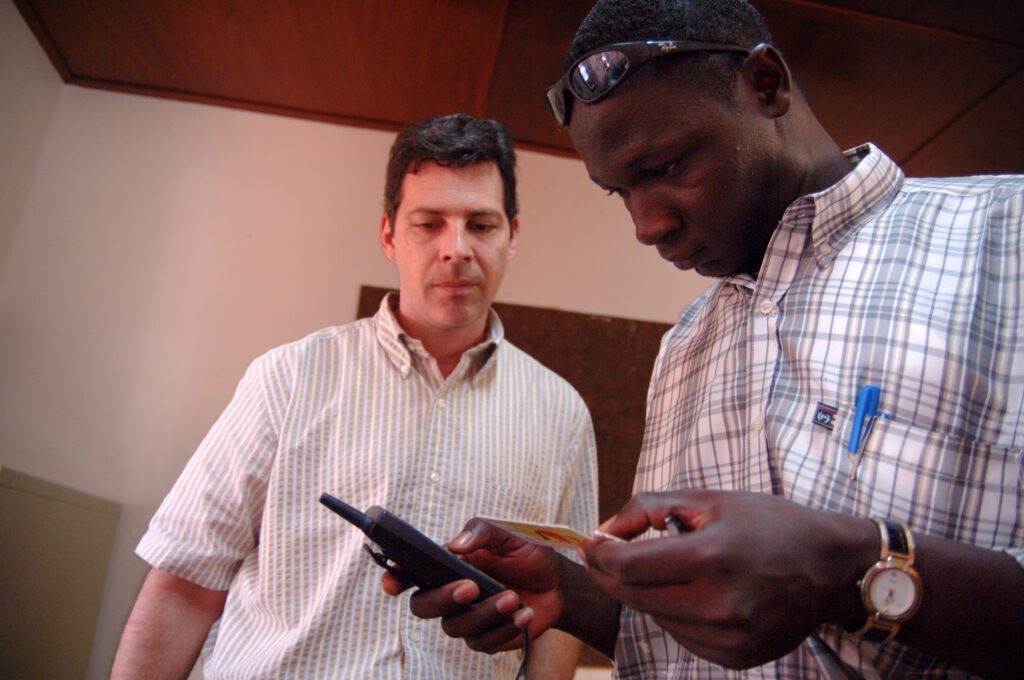Today we are living in a very polarized society. How we got to this point is of our own doing.
Not everyone, but almost all of us, have succumbed to being lazy at some time, leading to our creation of this situation.
Making choices requires us to distinguish between fact & fiction. What is true and what is false?

When it comes to communication professionals even, we can succumb to mistakes due to limited understanding of information presented to us. We can be concentrating too much or not Enough on Outliers. Factors such as erroneous processes and incorrect data can also lead to outliers. You can expect to come across a variety of outliers when collecting data.
Unfortunately, we are more aware of the term Gaslighting, which describes a person presenting a false narrative to another group or person, which leads them to doubt their perceptions and become misled, disoriented, or distressed.
High-stakes decisions — which can range from starting a business to consummating a joint venture to hiring or firing someone — have something in common: they involve high levels of uncertainty. Due to this anxiety, we look to others for help. This can come at a high cost. In other words, our natural extinct can get us into a lot of trouble.

Anxiety impairs our ability to accurately judge the quality of the advice we receive.
Now add to this the “Imposter Syndrome,” and we have the making of a significant catastrophe.
If you are following my narrative up to this point, this can make you even more anxious. This can lead to Self-Gaslighting. Your feelings matter and are there for a reason. After facing a conflict, you will most likely do two things: dismiss your emotions, and convince yourself you overreacted. When you feel vulnerable, this reaction intensifies.
All this for the communications professionals creating projects to help their brands grow turn to things like Google Analytics. They are going to use the numbers to help drive their decisions.
What is strange to me is how many communications college graduates have forgotten that nonverbal communication is the most powerful way to communicate because it is the type of communication we use the most daily. How do I know that? Because the weakest part of Google Analytics is its ability to track visuals and how impactful they are in communications.

A great deal of research has been done using eye-tracking technology to see how people react to websites, newspapers, and television. Those research projects consistently show how visuals that do more than just window dressing communicate more quickly and effectively than words alone.
However, we do not have that capability with many of the data points we gather today in things like Google Analytics.
The good thing with Google Analytics is it helped researchers get around those focus group questions that often were not the right question being asked.
I watched over and over-focus groups through the years where they asked readers if they liked photos. The strange part was why they would like pictures of disasters like war or a fire that took people’s lives in their community. Seldom did they ask what they learned from those photos or graphic visuals.

You can create better questions and get more information with Focus Groups than Google Analytics. It can help you fill in some of the missing data.
I think those brands that have the resources should commission research where they run tests using eye-tracking technology to help them understand their audiences even better.
Many articles have shown how Facebook has been used to manipulate the audience. Groups and even government campaigns did some of this to mislead people. Some of this has been done by Facebook itself.
One of the most widely reported ways that Social Media companies like Facebook, YouTube, and Instagram work to manipulate their audience is to track their users’ movements on their platforms and then use analytics to drive what they see.
The goal for them was to keep you using the platform longer, which then they would use to promote to advertisers to show they had their audience. They could not only do this but also help anyone or company target their “Tribe.”

Summary
It would help if you took control of your decisions. Do not let anxiety have you give up your responsibility to understand something.
When we let fear control our decisions, we are more likely to be led by misinterpreted data or not getting enough data.
Don’t forget that nonverbal communication is the most powerful way to communicate because it is the type of communication we use the most daily. Words are first recognized as visual. We must spend years learning to read to interpret those visuals, but we need no training to understand a photograph.




